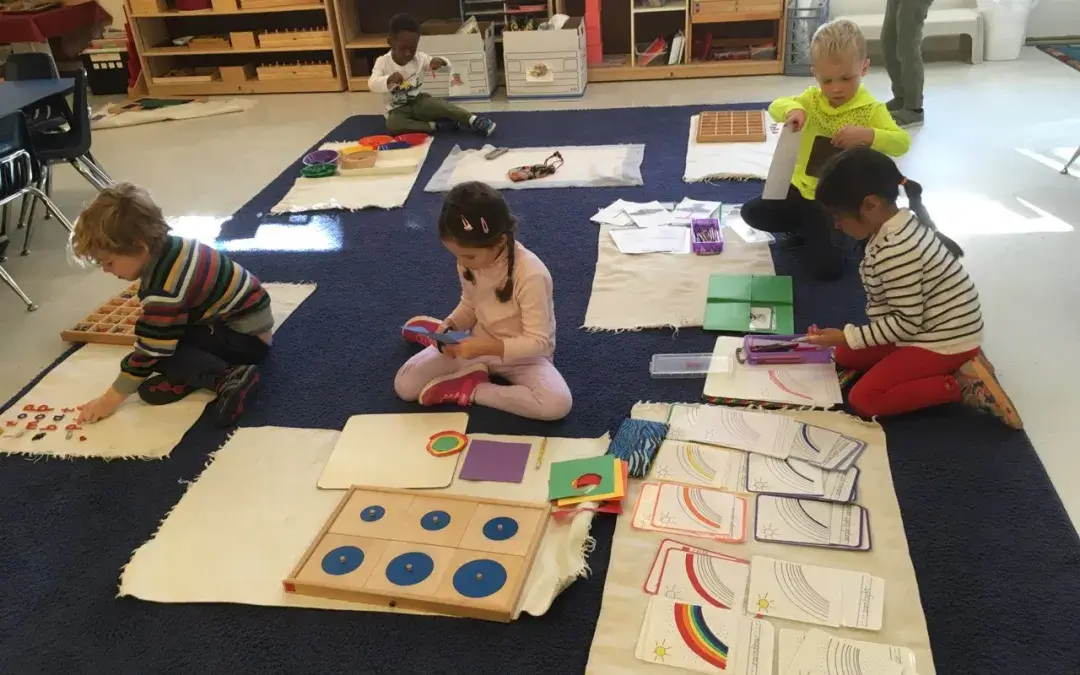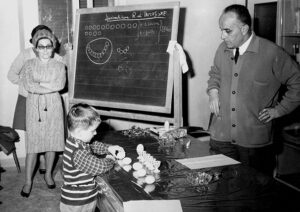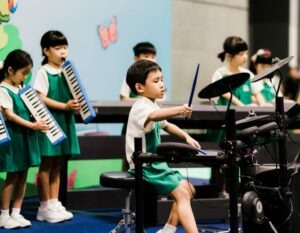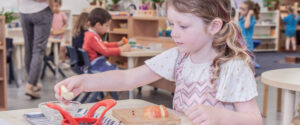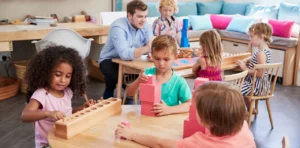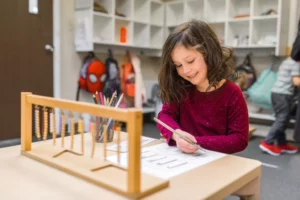The Montessori curriculum stands as a monument to child-centered education. It is predicated on the child’s natural curiosity and thirst for knowledge. To understand the power of the Montessori approach, we must delve into its core components.
Montessori Philosophy: An Emphasis on Individualized Learning
In contrast to traditional education systems, Montessori espouses the belief that every child is a unique individual. There’s an emphasis on personal growth, fostering a nurturing environment that allows each student to develop at their own pace.
Practical Life Skills: The Bedrock of Montessori Education
The Montessori curriculum introduces practical life skills at an early stage. Children learn the importance of cleanliness, etiquette, and other basic life skills, promoting a strong sense of independence and self-reliance.
Sensorial Education: Awakening the Child’s Senses
The Montessori approach recognizes the importance of sensory learning in a child’s development. Sensorial activities are designed to refine the child’s sensory perception, providing a rich learning experience that engages the senses.
Language Arts in Montessori: Unleashing the Power of Communication
Language arts form an integral part of the Montessori curriculum. With a focus on phonics, vocabulary, grammar, and sentence structure, children are equipped with the tools to communicate effectively and express their thoughts with clarity.
Mathematics in Montessori: Making Numbers Fun
Mathematics is presented in a fun, engaging way in Montessori schools. Through hands-on, practical activities, children learn basic mathematical concepts, promoting a lifelong love of numbers.
Cultural Subjects: Encouraging Global Awareness
Montessori education also includes cultural subjects like geography, history, and science. This aspect of the curriculum fosters a deeper understanding of the world, encouraging global awareness and fostering respect for diversity.
Arts in Montessori: Nurturing Creativity
Arts education is an essential component of the Montessori curriculum. Children are encouraged to explore music, visual arts, and drama, cultivating their creativity and fostering their artistic talents.
The Montessori Environment: A Prepared Setting for Learning
The Montessori environment is carefully crafted to stimulate learning. Every object and activity is designed to promote exploration, independence, and a love for learning.
The Role of the Montessori Teacher: A Facilitator of Learning
The teacher in a Montessori setting is not a traditional lecturer, but rather a facilitator of learning. They guide the child’s exploration, nurturing their interests and helping them discover their passions.
Conclusion: The Lasting Impact of the Montessori Curriculum
The Montessori curriculum offers an immersive, hands-on approach to education. It acknowledges the individual needs of each child, fostering a love of learning that lasts a lifetime. Its unique blend of practical life skills, sensory learning, and cultural studies ensures that Montessori-educated children are well-rounded, independent thinkers ready to meet the challenges of the world.

